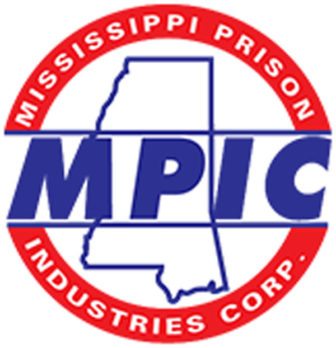
May 21, 2018; Clarion Ledger (Jackson, MS)
The Mississippi Prison Industries Corporation (MPIC) is a standalone nonprofit that runs the state’s prison industries programs—programs that put inmates to work manufacturing while they’re incarcerated, ostensibly to “provide inmates with useful activities that can lead to meaningful employment in order to reduce recidivism.” In case you were thinking that the relationship with the state meant twice the oversight, it evidently did just the opposite, blinding those in charge to perfectly ordinary metrics that are core to understanding both impact and sustainability.
The report that reveals this was just released by the Legislature’s Performance Evaluation and Expenditure Review (PEER) Committee, and it questions the organization’s future viability, as appears to be entirely justified.
“The time has come for MPIC and the Legislature to consider seriously whether the state’s prison industries program has a future and, if so, what changes can be made operationally and legislatively to ensure that the program has a positive outcome,” the report says.
Among other issues, the report states that the net worth of the nonprofit has declined by $6.7 million in the last six years, with almost half of those losses—$3.2 million—occurring over the past two years. (We count around $3.5 million, but we may be looking at different years.) The report describes “a deterioration of its financial sustainability as the result of losses in long-term product lines, unsuccessful expansion into new product lines, and failure to control administrative overhead expenses, such as salaries and benefits, contractual services, and operating expenses.”
Sign up for our free newsletters
Subscribe to NPQ's newsletters to have our top stories delivered directly to your inbox.
By signing up, you agree to our privacy policy and terms of use, and to receive messages from NPQ and our partners.
This basically indicates that no one was really watching the store.
Meanwhile, the group is unable to report progress on its mandated goal of reducing recidivism because records of participants were not kept.
Asked if he believes the nonprofit is fulfilling its statutory purpose, PEER Executive Director James Barber replied, “The data is so unreliable, you really can’t tell. We had difficulty knowing which inmates went through the program. There was no information on them after they were released from prison or whether they had the work skills so that they did not enter the prison system again.”
The 13-member board has also lost two executives over the past two years, and five of the six product lines it oversees have moved from profitability to losses, all the while spending more than $537,000 on lobbying the state legislature and seeing its admin expenses rise from $1.6 million to nearly $2.8 million.
In a less than compelling statement released yesterday, the nonprofit’s leadership said it would “continue to monitor operations and business objectives. Any and all questions for comments regarding the MPIC report will only be determined by the board after the (June) meeting.”
But continuing to do anything the way that it has been done may not be the ticket here.—Ruth McCambridge













